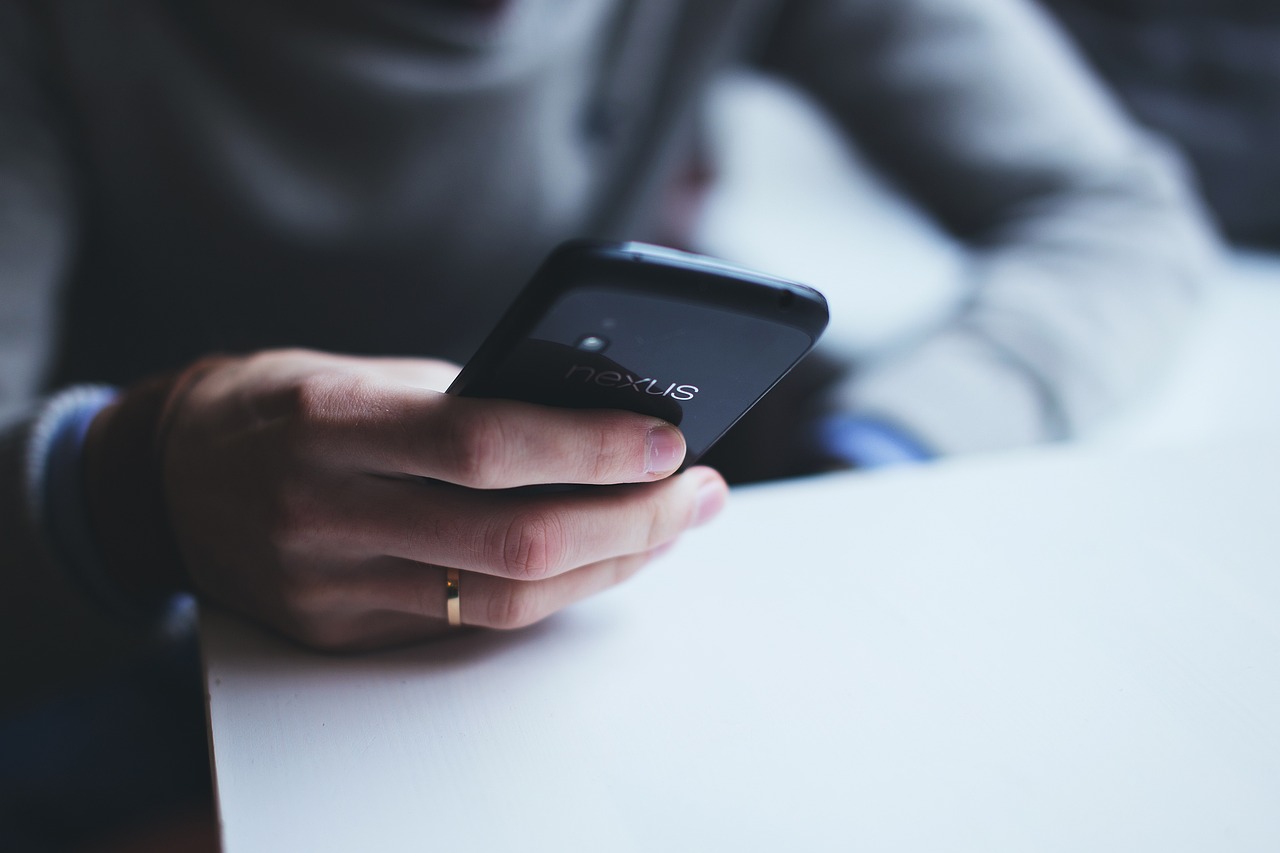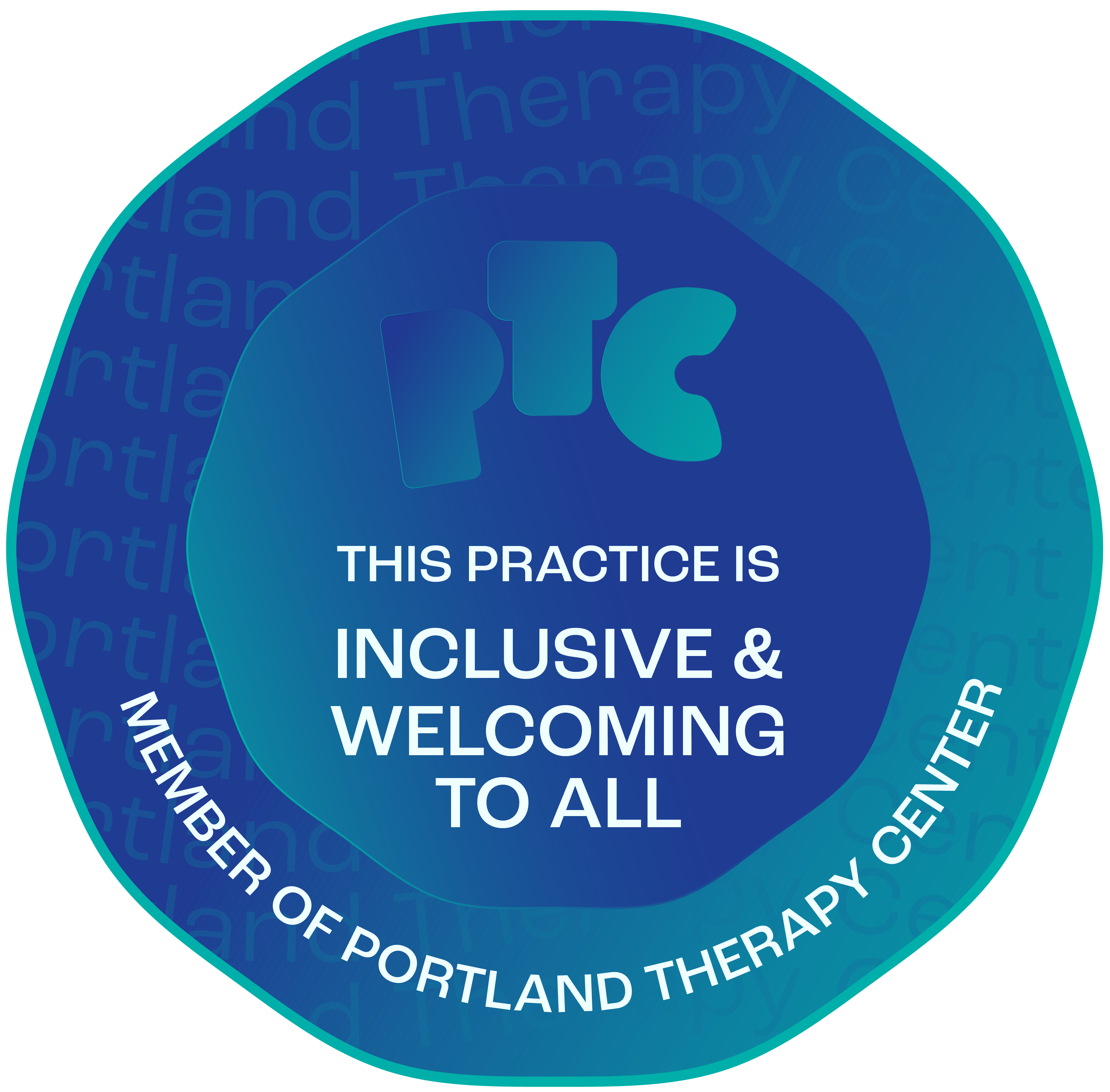
How does social media impact mental health?

Social media has had a profound impact on many aspects of our lives, including mental health care. Over the past decade, social media has become a powerful tool for individuals seeking information and support related to mental health issues. However, its impact on mental health care has been both positive and negative.
One of the most significant benefits of social media in mental health care is the increased access to information and resources. Social media platforms like Facebook, Twitter, and Instagram provide a wealth of information related to mental health issues. Individuals can access articles, videos, podcasts, and other resources that can help them better understand their conditions and treatment options.
Moreover, social media has created a new platform for mental health advocacy and awareness. Individuals can use social media to share their stories and experiences, raise awareness about mental health issues, and advocate for policy changes. This has led to a greater understanding of mental health issues and a reduction in stigma.
However, social media has also had negative consequences for mental health care. For instance, it can be challenging to determine the credibility of information posted on social media. Misinformation and harmful advice can quickly spread, leading to confusion and potential harm.
Furthermore, social media can create a false sense of connection and support. Although social media provides a platform for individuals to connect with others who share similar experiences, it can also perpetuate feelings of isolation and loneliness. For individuals struggling with mental health issues, this can be particularly harmful.
Social media can also contribute to the development or exacerbation of mental health issues. Studies have shown that excessive social media use can lead to feelings of anxiety, depression, and low self-esteem. The constant exposure to curated and idealized versions of other people’s lives can lead to feelings of inadequacy and social comparison.
In conclusion, social media has had both positive and negative impacts on mental health care. It has provided increased access to information and resources, created a platform for advocacy and awareness, and facilitated connections between individuals with similar experiences. However, it has also perpetuated misinformation, created a false sense of connection, and contributed to the development of mental health issues. As mental health professionals, it is essential to be aware of these potential consequences and work to mitigate the negative impacts of social media while harnessing its positive aspects to improve mental health care.



